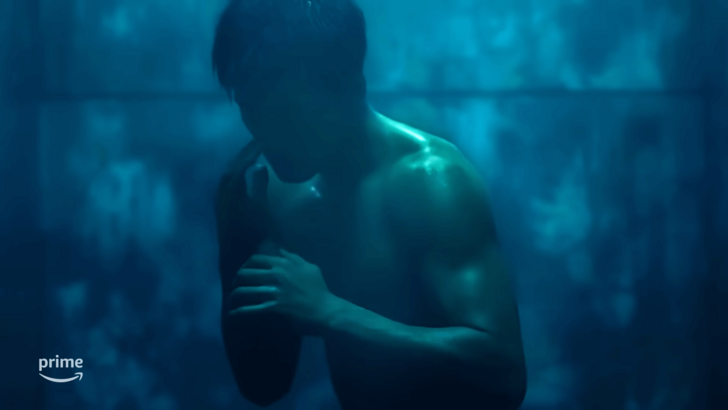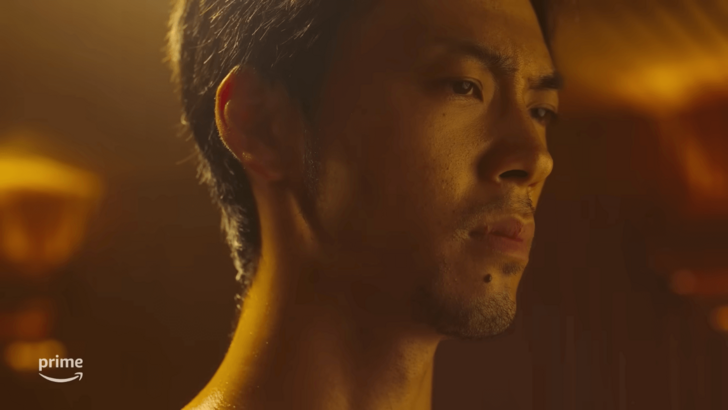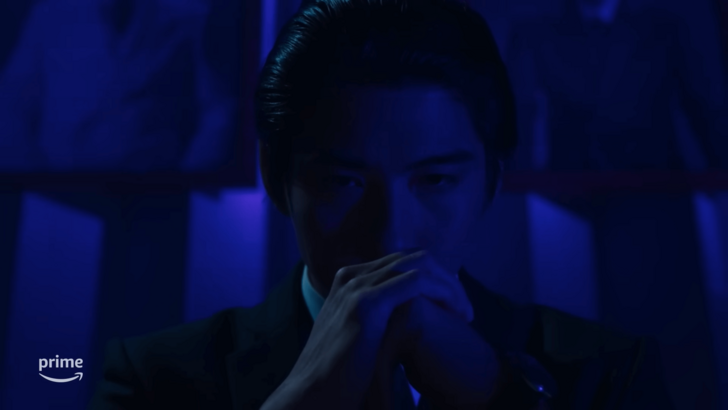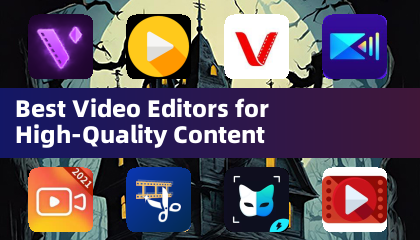
Like a Dragon: Yakuza Adaptation – A Fresh Perspective, or a Risky Gamble?
The lead actors in the upcoming Like a Dragon: Yakuza adaptation made a surprising revelation at SDCC: neither Ryoma Takeuchi nor Kento Kaku had played any of the games before or during filming. This deliberate decision, according to the production team, aimed to foster a fresh, unburdened interpretation of the characters.

Takeuchi explained, via translator, that while aware of the games' global popularity, he was intentionally prevented from playing them to ensure a completely original approach to the character's portrayal. Kaku corroborated this, emphasizing the team's commitment to crafting their own version, respecting the source material's spirit while forging a unique on-screen identity.
This unconventional approach has ignited a debate among fans. While some express concern about potential deviations from the source material, others maintain that the actors' unfamiliarity with the games isn't necessarily detrimental to a successful adaptation. The omission of the iconic karaoke minigame from the show further fueled these anxieties.

Ella Purnell, lead actress in Prime Video's Fallout adaptation (which attracted 65 million viewers in its first two weeks), offered a contrasting perspective. While acknowledging the creative freedom of the showrunners, she highlighted the benefits of immersing oneself in the source material's world.

However, RGG Studio Director Masayoshi Yokoyama expressed confidence in the vision of directors Masaharu Take and Kengo Takimoto. He praised their understanding of the source material, likening Director Take's approach to that of the original story's author. Yokoyama emphasized his welcome of a fresh interpretation, believing the games' portrayal of Kiryu was already perfected and open to a unique on-screen reimagining. He highlighted that the actors' portrayals, while different from the games, are precisely what makes the adaptation exciting.
The success of this bold approach remains to be seen, but the debate underscores the complex relationship between source material and adaptation, and the varying perspectives on what constitutes a faithful and engaging interpretation.





 LATEST ARTICLES
LATEST ARTICLES 












